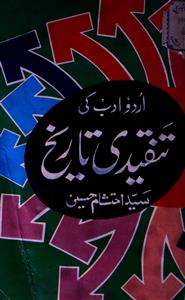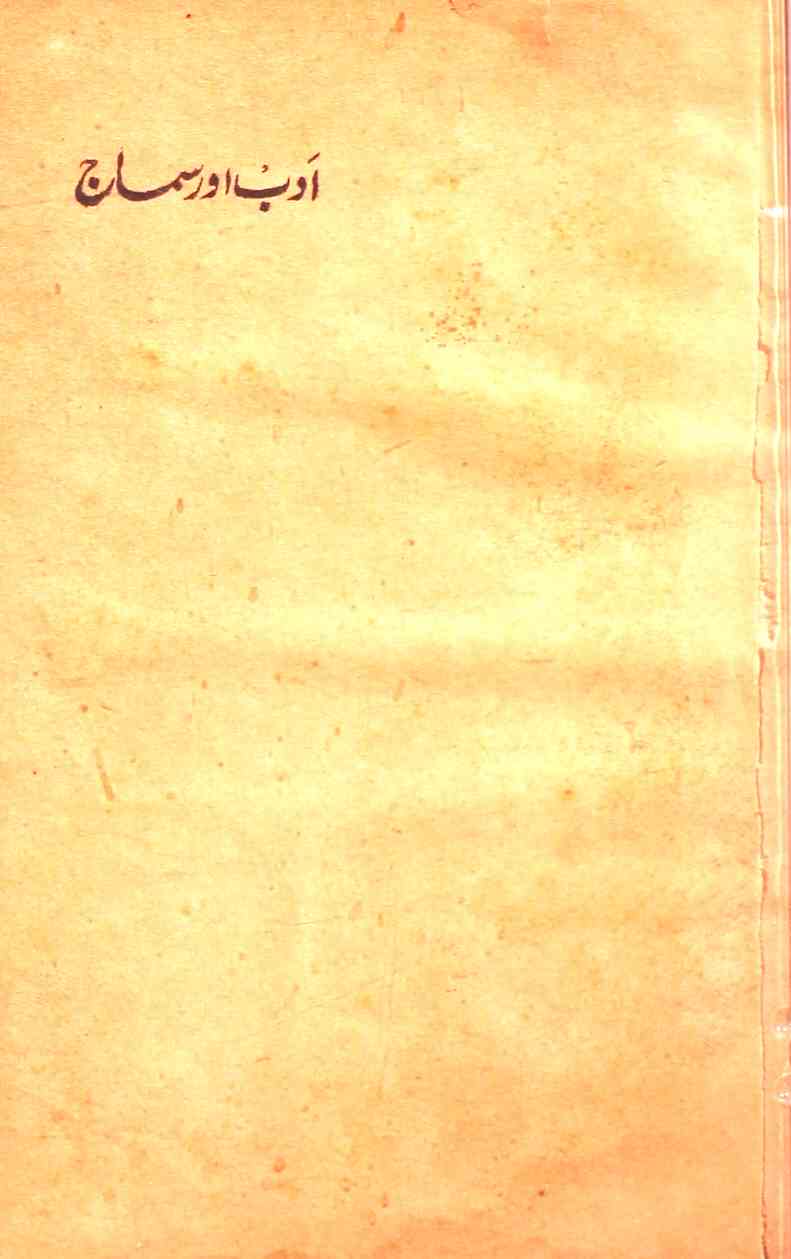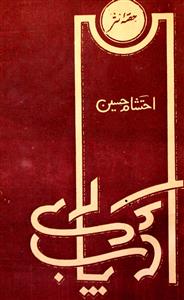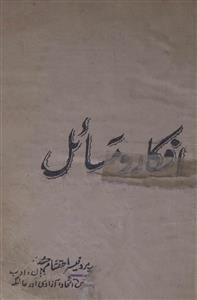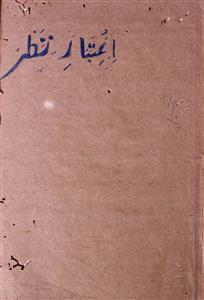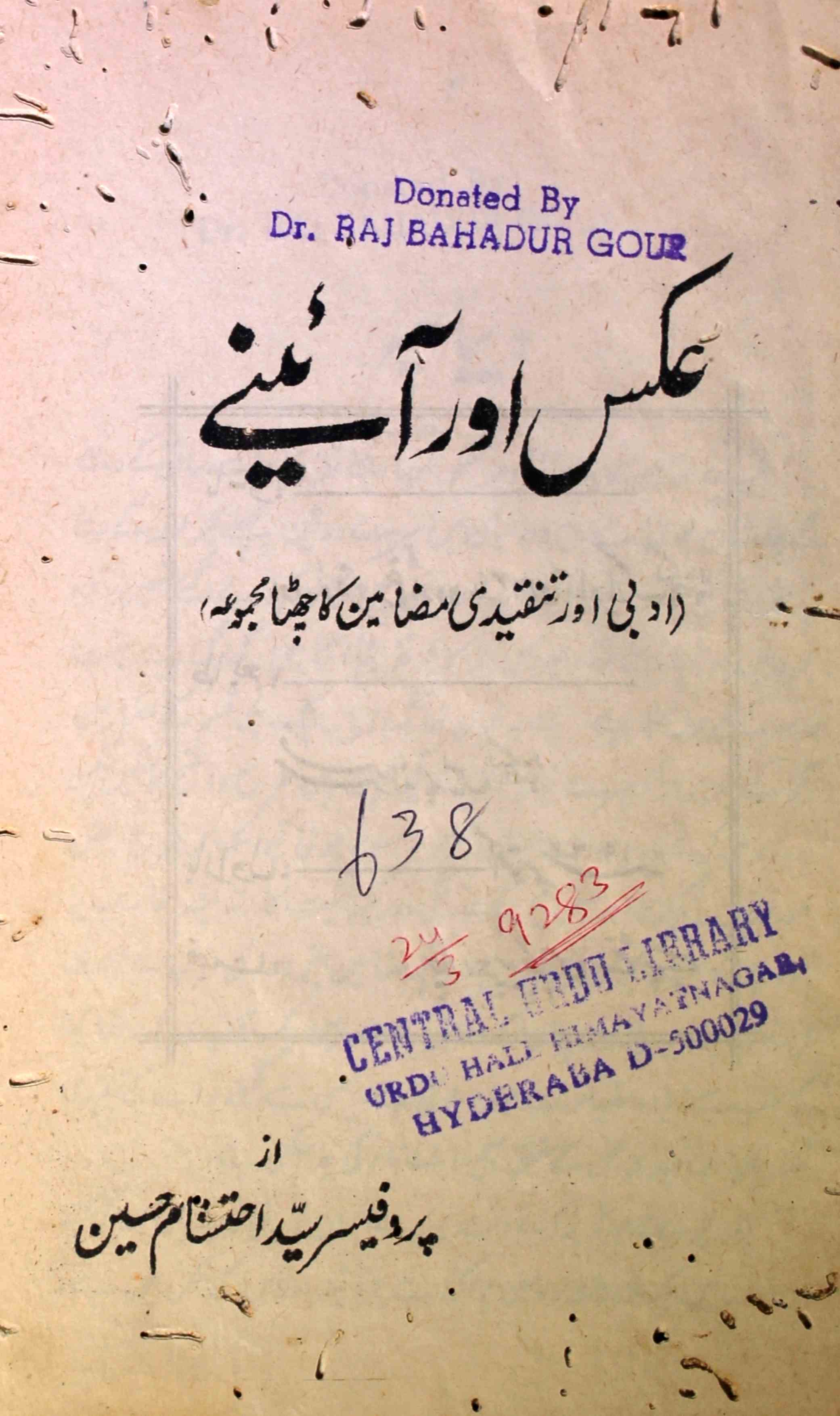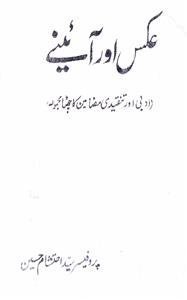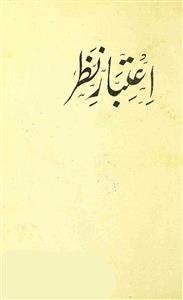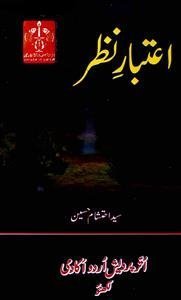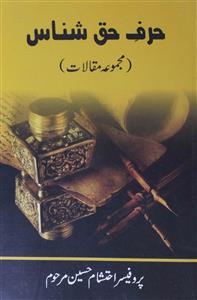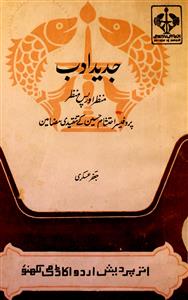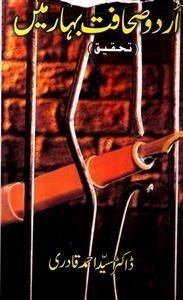 For any query/comment related to this ebook, please contact us at haidar.ali@rekhta.org
For any query/comment related to this ebook, please contact us at haidar.ali@rekhta.org
About The Book
"اردو ادب کی تنقیدی تاریخ"سید احتشام حسین کی مایہ ناز تصنیف ہے جسے انہوں نے چودہ ابواب میں تقسیم کیا ہے۔سب سے پہلے اردو زبان و ادب کی ابتدا پر بات کرتے ہیں۔پھر اردو دکن میں کیسی تھی اور وہاں اس نے کتنی ترقی کی اس بارے میں بحث کی گئی ہے۔پھر دلی اٹھارہویں صدی میں کس نوعیت تھی زبان و ادب کے لحاظ سے اس موضوع پر بات کی گئی ہے۔پھر اردو نثر نگاری کی ابتدا کے بارے میں گفتگو ہےپھر اودھ کی شاعری پر بات ہے۔اس کے بعد نظیر اکبر آبادی اور ایک خاص قسم کی روایت کی ابتدا کیسے ہوئی اس پر بات کی گئی ہے۔پھر فورٹ ولیم کالج کی نثر اور اس کے بعد کی نثر نگاری پر بات کی گئی ہے۔اس کے بعد نئے دور سے قبل نظم و نثر اردو کیسی تھی اس کو بتایا گیا ہے۔پھر نیا شعور اور نئی نثر پر بات ہوئی ہے۔ اسی طرح انہوں نے پوری کتاب میں بہترین انتقادی پہلووں کو نظر میں رکھ کر بات کی ہے۔ احتشام حسین نے سائنٹفک طریقے سے نقد و انتقاد کی بنیاد رکھی ہے مارکسی نظر کو بنیاد بنا کر اردو ادب ان کی انتقادی و ادبی خدمات کا ہمیشہ ممنون رہے گا۔
About The Author
Sayyad Ehtisham Hussain, former Chairman, Department of Urdu, Allahabad, UP, was one of India’s top Marxist critic of Urdu who published more than half a dozen volumes of his literary essays, besides several other books.
He was born in 1912 in Mahul, a small village in Azamgarh. He attended high school on Azamgarh, and then studied at Allahabad for his M.A. His first assignment as a teacher of Urdu was at Lucknow University in 1938. From there he went on a study tour of U.S. in 1952, supported by the Rockefeller Foundation. The impressions of this travel are told in his travelogue ‘Sahil Aur Samandar’. In 1961 he was appointed to the Urdu chair at the Allahabad University.
Sayyad Ehtisham Hussain has written extensively on classical and modern literature. He has been one of the lending lights of the Progressive Writers Movement and has given Urdu criticism a new basis and a new direction. His prose presents him as a calm, quiet, and detached writer; actually, he possesses an interesting, agreeable, and charming personality. His Urdu is close to the basic common core speech. The use of high-flown or ornate language does not find favor with him, and his prose is marked for simplicity, candor and insight.
 For any query/comment related to this ebook, please contact us at haidar.ali@rekhta.org
For any query/comment related to this ebook, please contact us at haidar.ali@rekhta.org
Write a Review
Jashn-e-Rekhta | 13-14-15 December 2024 - Jawaharlal Nehru Stadium , Gate No. 1, New Delhi
Get Tickets